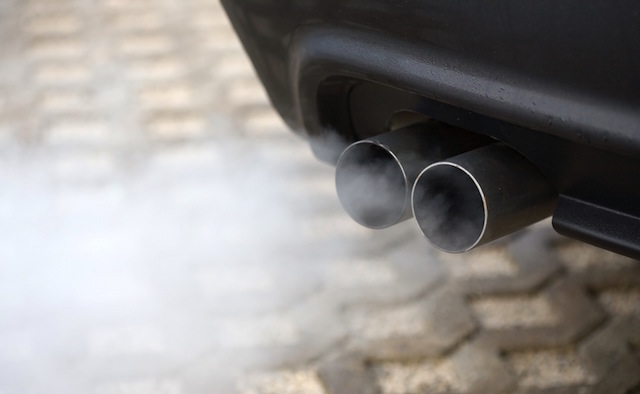
The country that gave the world the internal combustion engine is moving to outlaw it. Germany’s federal politicians have passed a resolution calling for the European Union to ban petrol and diesel cars by 2030.
The proposal gained cross-party support in the Bundesrat, or Federal Council, effectively the upper house of the German Parliament. The country’s lawmakers are now expected to urge their counterparts in Brussels to push incentives for only zero-emission vehicles – electric and hydrogen – to be registered by 2030.
“If the Paris agreement to curb climate-warming emissions is to be taken seriously, no new combustion-engine cars should be allowed on roads after 2030, Green Party lawmaker Oliver Krischer was quoted as saying.

The Bundesrat consists of representatives appointed by each of Germany’s 16 state governments. Although the resolution is non-binding, Germany is the largest economy within the EU and is generally seen as setting Europe’s legislative agenda.
The Federal Council also wants the EU to review its taxation policies and their effect on the “stimulation of emission-free mobility.” EU automotive observers take this to mean both stronger tax incentives for buying zero-emissions cars, and eliminating tax breaks for diesel cars in EU states.
Carmakers are already worried that tougher emission standards could kill diesels. The lower price of diesel fuel, paired with its gigher mileage per lite, are the reason that half of the cars on Europe’s roads are diesel-driven. Higher taxes would fuel diesel’s demise.
Petrol in Germany is priced at around 1.31 euros (NZ$2.04) per litre, while diesel costs around 1.11 euros (NZ$1.73) per litre. The price difference between petrol and diesel varies across the EU due to differing taxation arrangements in each country.
Observers say here’s a real possibility that Volkswagen’s emission-cheating scandal is having a delayed effect on diesel sales. The reputable AID Newsletter, read by motoring executives worldwide, has said “environmental storms sent Europe’s diesel car demand into a steep downward spiral.”
In Germany, diesel sales dropped 5 per cent, while the fuel fell more out of favor in neighboring countries. August diesel sales were down 5.8 per cent in France, 5.5 per cent in Belgium and Luxembourg, and a whopping 12.9 per cent in the Netherlands.
A switch to sales of only zero-emission cars would thousands of German car industry jobs at risk since the powertrain of an electric car requires only a tenth of the staff to be assembled when compared with a combustion-engined equivalent, which needs more workers to assemble cylinders, spark plugs, and gearboxes.
- Norway has more all-electric cars per head of population than any other country in the world. Upwards of 30 per cent of the country’s new car sales are EVs, a figure double that of the runner-up, the Netherlands.
